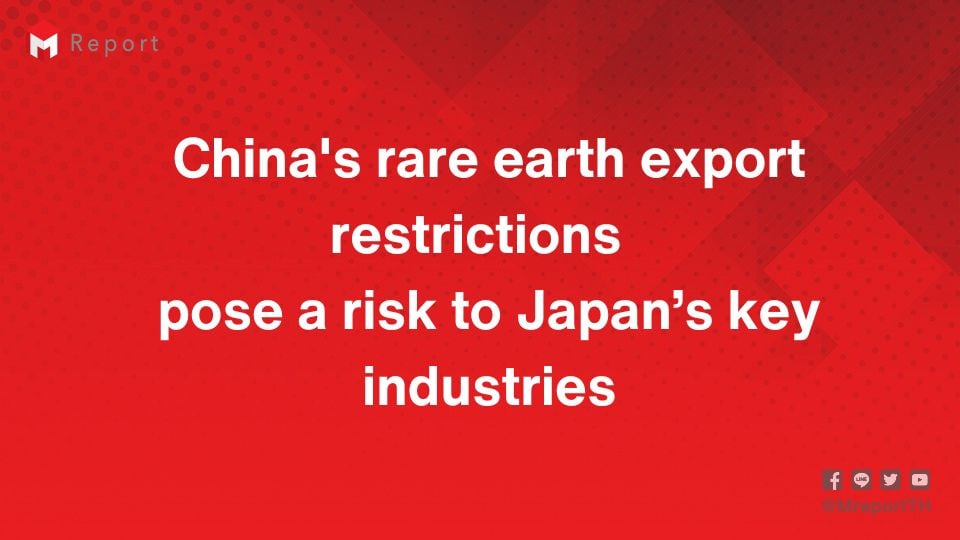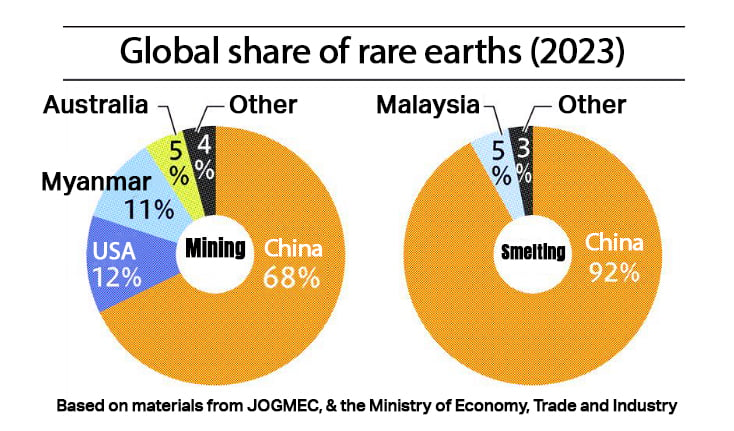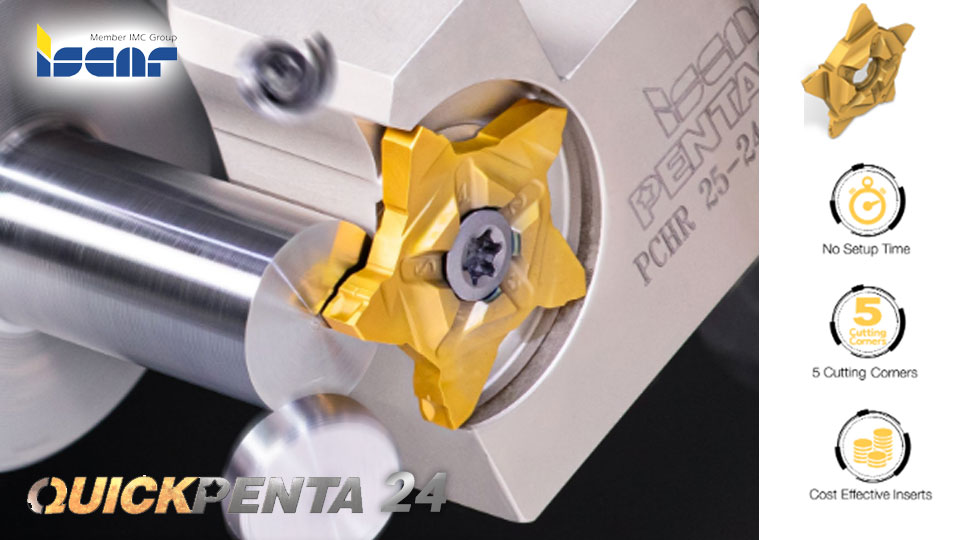
Impact of China’s Rare Earth Export Restrictions on Japanese Industries
Rare earths are important minerals used in motor magnets for electric vehicles, as well as in fighter jet sensors and guided missiles. China accounts for about 70% of the world’s mining volume and about 90% of the refining process, giving it a monopoly on supply.
In April, the Chinese government began restricting exports of rare earths as part of retaliatory measures against additional tariffs imposed by the U.S. Although the restrictions apply to seven types of rare earths, including terbium and dysprosium, customs inspections for other rare earths in China have also been delayed, causing procurement problems.
| Advertisement | |
Challenges Faced by Motor and Magnet Manufacturers
Motor manufacturer FEW (Higashi-Yodogawa Ward, Osaka City) reports an impact on its procurement of magnets used as motor parts. Although the company mainly uses magnets that do not contain rare earths and has not experienced production halts, President Nakashita Shoichi stated, “We are in a situation where we are not receiving magnets containing rare earths used in some products.” Even magnets without rare earths “can become subject to restrictions simply because they are magnets.” The procurement situation remains uncertain.
Mag Ever (Shibuya-ku, Tokyo), a company dealing with magnet application products, reports delays in imports of neodymium magnets due to tighter Chinese customs regulations. President Noriko Sawatari revealed, “There seems to be confusion on the ground, and sometimes permission is required even for neodymium magnets that do not contain regulated dysprosium and terbium.”
Automakers’ Response and Government Actions to Secure Supply Chains
The impact has started to reach automakers. Suzuki extended the suspension of its Swift vehicles from the 6th to the 12th due to parts shortages. This is the first time a Japanese automaker has publicly revealed halting production due to rare earth export restrictions.
Honda stated, “At present, there are no production impacts or suspensions. We are aware there is a possibility of production impacts. We will continue discussions with suppliers to minimize production disruptions and monitor the situation closely.” Nissan Motor also said, “Currently, there has been no impact such as production cuts, but we are considering future measures,” while Subaru confirmed, “At present, there has been no impact on production related to China’s export restrictions on rare earths. We will continue to assess the situation and coordinate with business partners.”
However, the risk of wider impact remains. Battery manufacturer FDK is concerned about the effect of China’s rare earth restrictions on nickel-metal hydride batteries. Baotou Fuji Electrochemical Co., Ltd., a Chinese subsidiary of FDK producing rare earth products, has reported delays. Production is currently maintained through inventory use and supplier diversification.
Protenal (formerly Hitachi Metals), a major motor magnet manufacturer, holds raw material stock for now but warns, “If China’s export restrictions continue for a long time, there will be an impact.” The company is looking to secure procurement routes through close cooperation with trading companies.
The Japanese government is currently in talks with the United States to strengthen cooperation on the supply chain for critical materials such as rare earths and semiconductors. Rare earths are essential not only to the industry but also to national security in both countries. As with tariff reductions on automobiles, steel, and other products, there is an urgent need to create a framework that benefits both Japan and the U.S.

#China #RareEarth #IndustrialSupplyChain #JapanIndustry #MReportTH #IndustryNews
Source: Nikkan Kogyo Shimbun
อ่านข่าวยอดนิยม คลิกที่นี่
อัปเดตข่าวทุกวันที่นี่ www.mreport.co.th
Line / Facebook / X / YouTube @MreportTH







